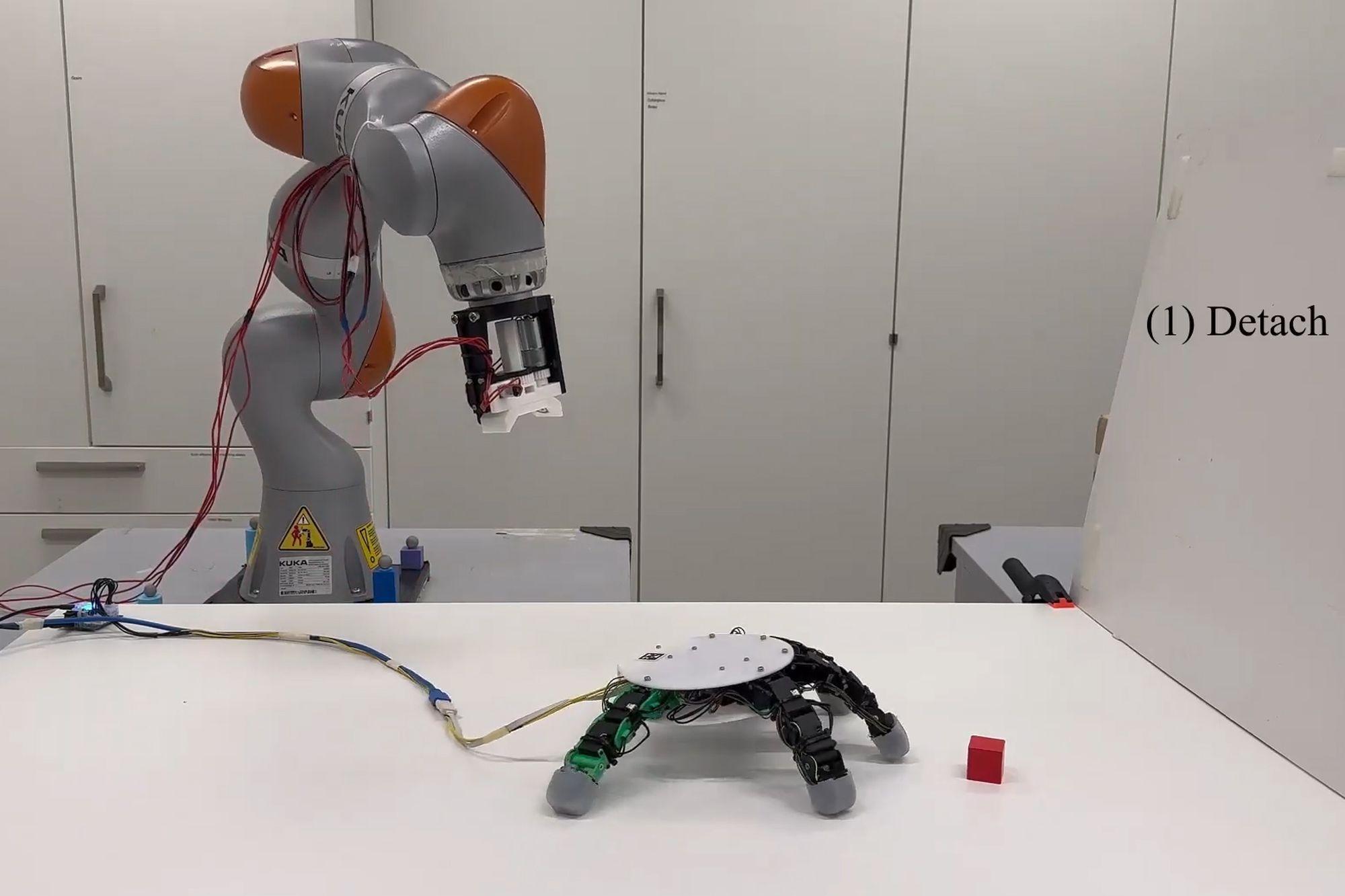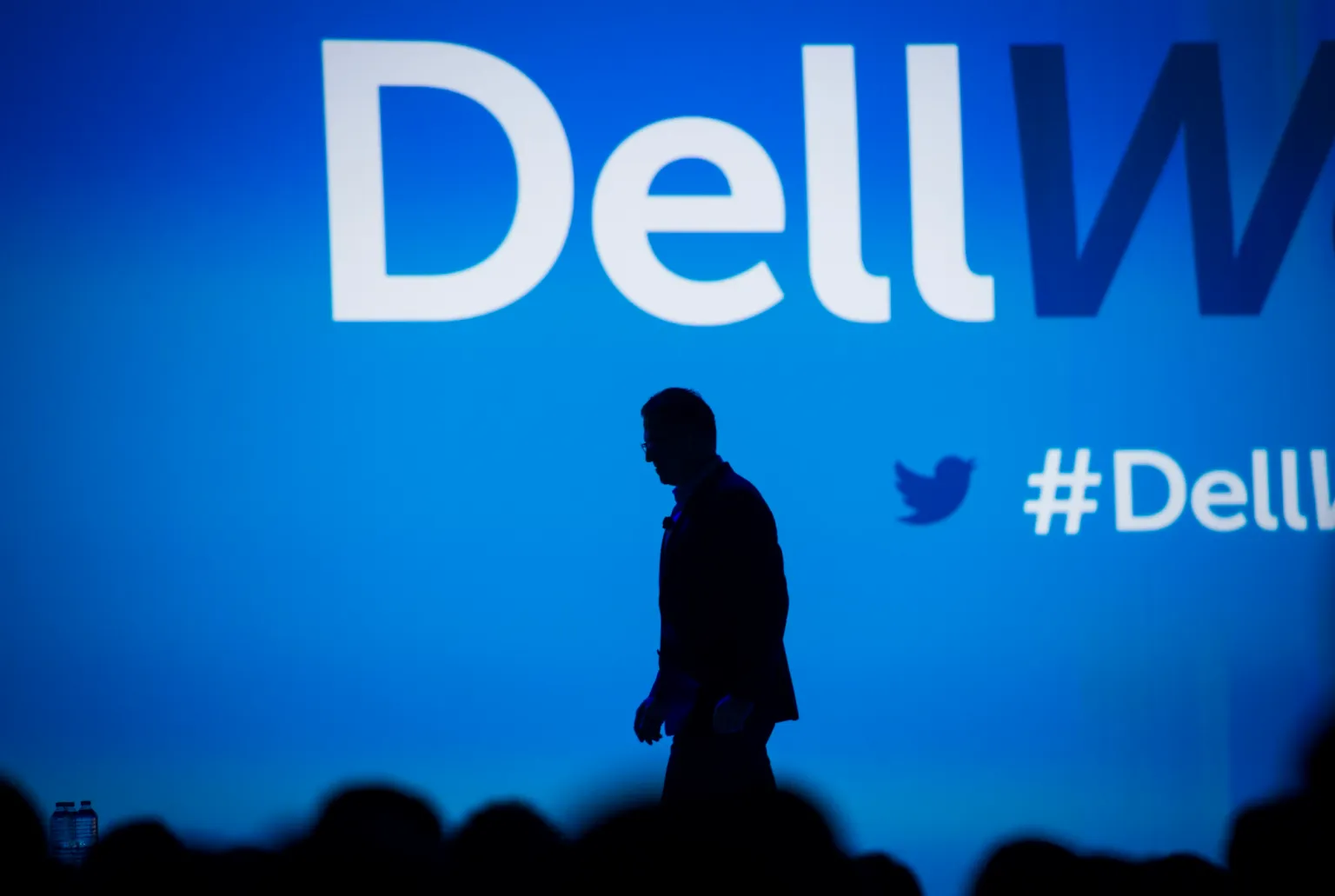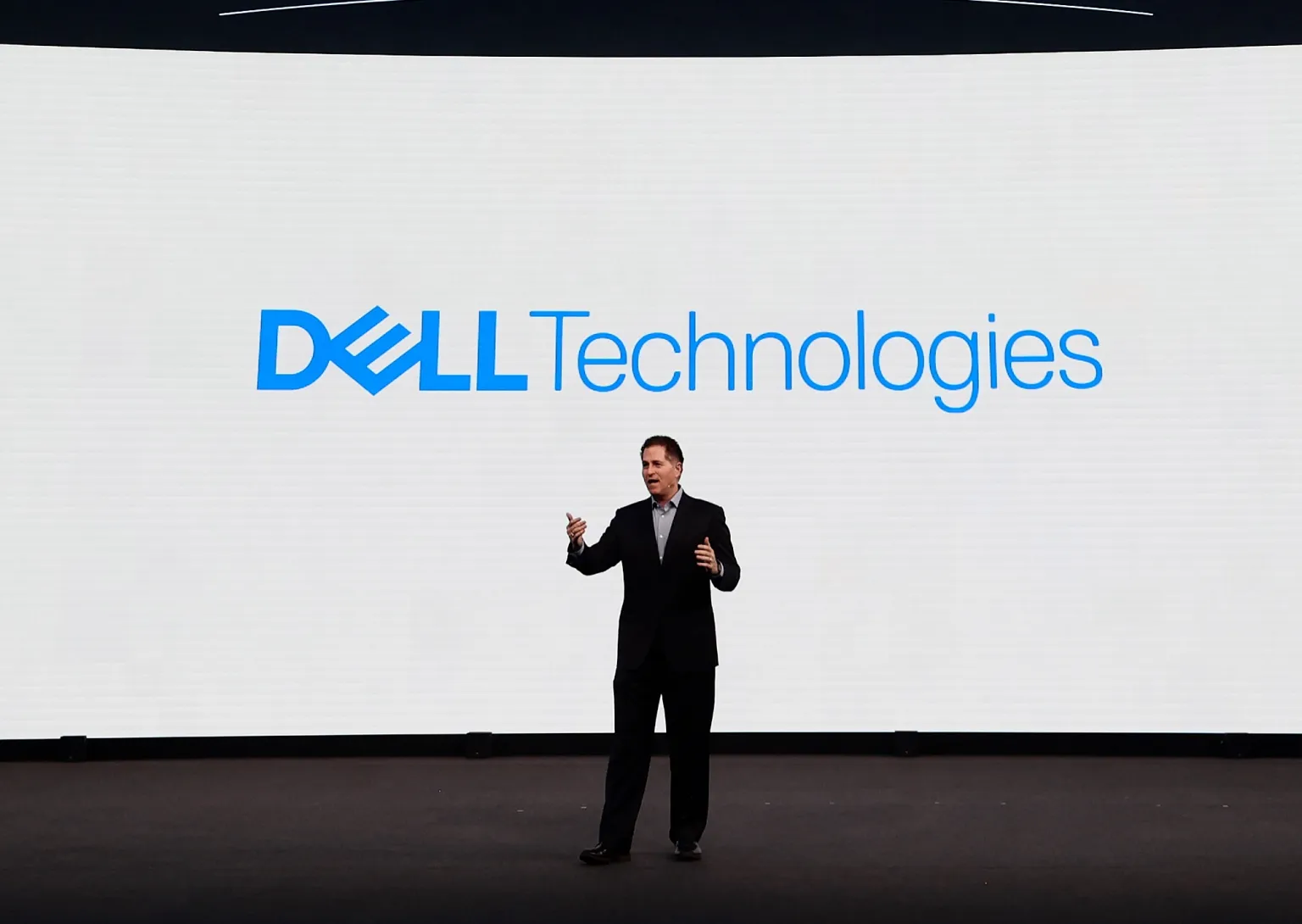Microsoft’s artificial intelligence hinders its ambitions to protect the environment

10:48 16/05/2024

2 phút đọc
Microsoft is emitting significantly more greenhouse gases than when it made its bold 2020 climate pledge. Its greenhouse gas emissions actually increased about 30% in fiscal 2023, underscoring the difficulty the company faces in meeting its climate goals while simultaneously racing to become a leader in AI field.

Training and running AI models is increasingly energy-intensive, and its impact on the climate is only just beginning to be recognized. Microsoft’s latest sustainability report is a prime example of the predicament of big tech companies, which have made a series of climate pledges in recent years but could will pollute more as they shift their focus to AI.
Back in 2020, Microsoft aimed to become a carbon-negative company by the end of the decade. In other words, they pledged to reduce greenhouse gas emissions by more than half and subsequently capture more carbon dioxide emissions than they emitted. This was a bold undertaking at the time, as carbon dioxide capture technologies had barely emerged. The company will also have to push to deploy more renewable energy into the grid where it operates.
However, Microsoft’s strong focus on AI now seems to make this goal much harder to achieve. To date, Microsoft has invested more than $13 billion in OpenAI and they are “turning people into reminder engineers” for content-generating AI with new features in Copilot for Microsoft 365.
“In 2020, we unveiled what we called the ‘giant carbon leap’. That was before the explosion of artificial intelligence,” Microsoft President Brad Smith said in an interview with Bloomberg. “So in many ways, our target is five times tougher than it was in 2020, if you just think about our forecast of the expansion of AI and its electricity demand.”
Looking closely at the data in Microsoft’s sustainability report, you can see how far they’ve gone wrong. The company emitted 15.357 million tons of carbon dioxide last fiscal year, equivalent to the annual carbon emissions of Haiti or Brunei.
Data centers used for AI training consume even more energy than traditional data centers, which already consume a lot of electricity to run servers and cooling systems to avoid overheating. And Microsoft plans to build a lot more of those data centers as they focus on AI. According to a Bloomberg report , the company planned to spend $50 billion in the last fiscal year to meet its AI ambitions – a figure expected to be surpassed in the following year.
Bài viết liên quan
Palm Mini 2 Ultra: Máy tính bảng mini cho game thủ
Robot with smart grip
NASA’s goal of conquering the Sun
Apple launches a new feature that makes it easier to use your phone while sitting on vehicle
Google Photos launches smart search feature “Ask for photos”
Roku streams live MLB baseball games for free
Gun detection AI technology company uses Disney to successfully persuade New York
Hackers claim to have collected 49 million Dell customer addresses before the company discovered the breach
Thai food delivery app Line Man Wongnai plans to IPO in Thailand and the US in 2025
Google pioneered the development of the first social networking application for Android
AI outperforms humans in gaming: Altera receives investment from Eric Schmidt
TikTok automatically labels AI content from platforms like DALL·E 3
Dell’s data was hacked, revealing customers’ home address information
Cracking passwords using Brute Force takes more time, but don’t rejoice!
US lawsuit against Apple: What will happen to iPhone and Android?
The UAE will likely help fund OpenAI’s self-produced chips
AI-composed blues music lacks human flair and rhythm
iOS 17: iPhone is safer with anti-theft feature
Samsung launches 2024 OLED TV with the highlight of breakthrough anti-glare technology

REGISTER
TODAY
Sign up to get the inside scoop on today's biggest stories in markets, technology delivered daily.
By clicking “Sign Up”, you accept our Terms of Service and Privacy Policy. You can opt out at any time.
































Nhận xét (0)